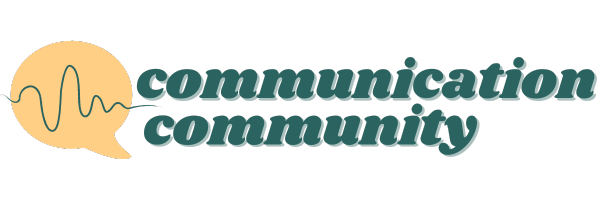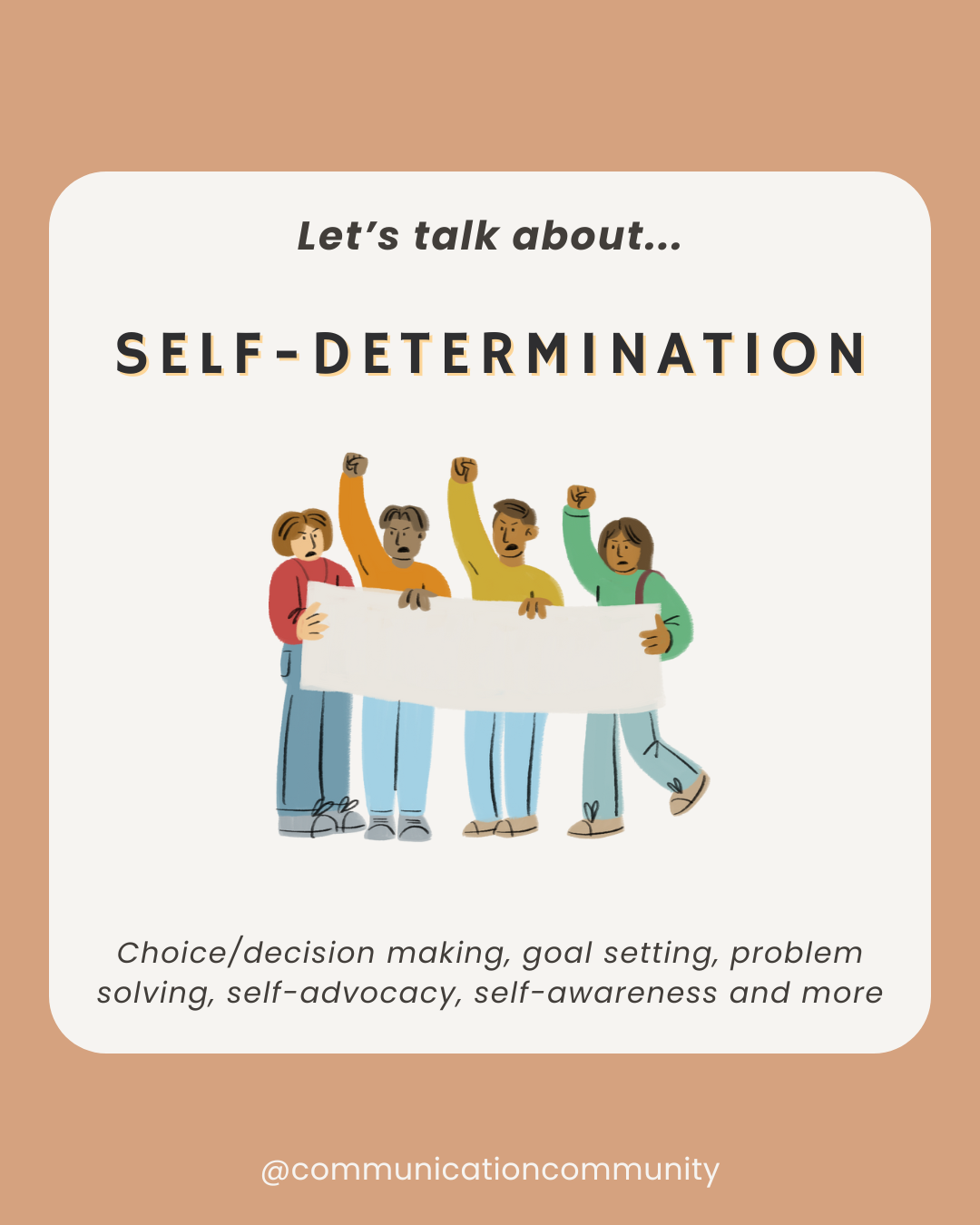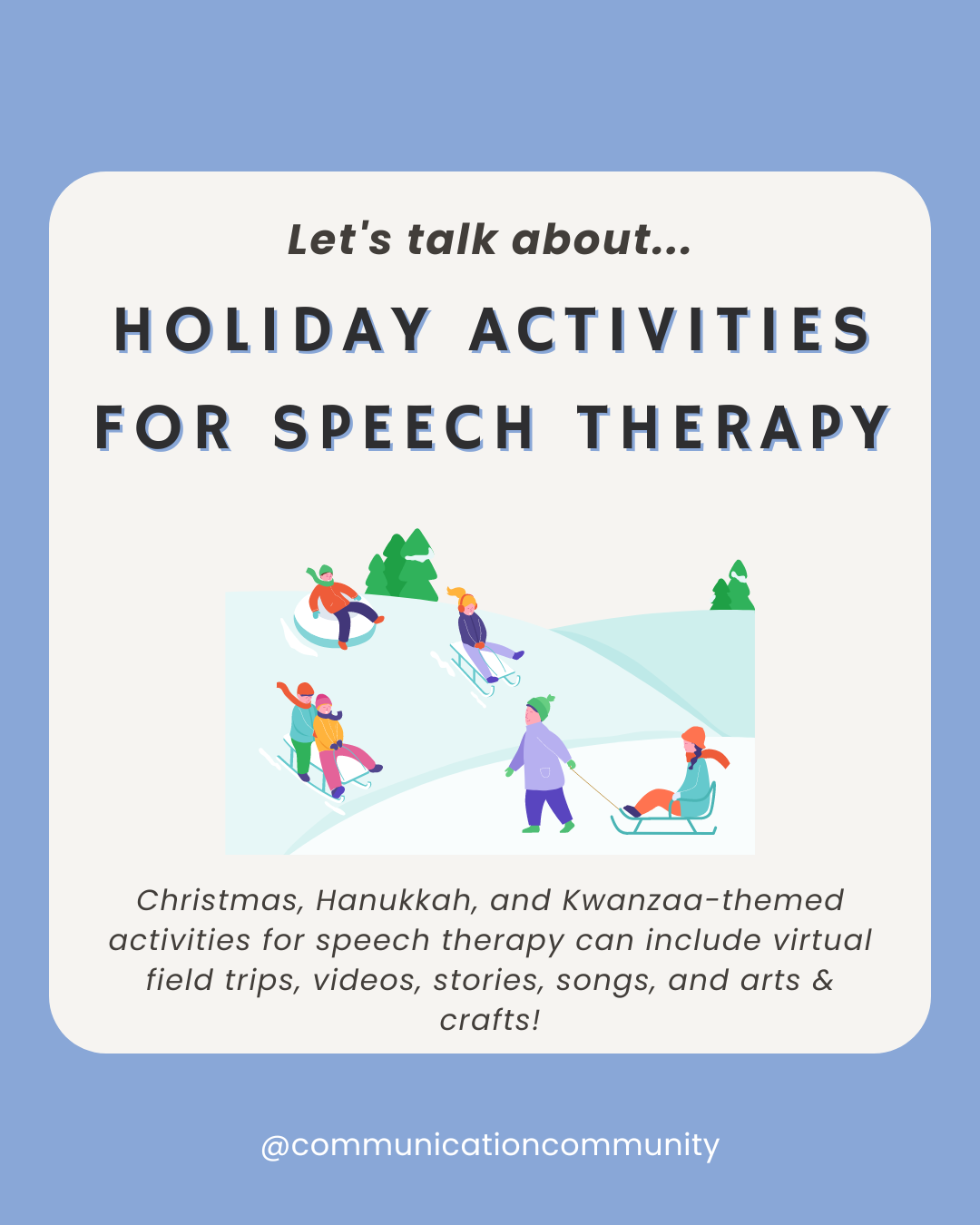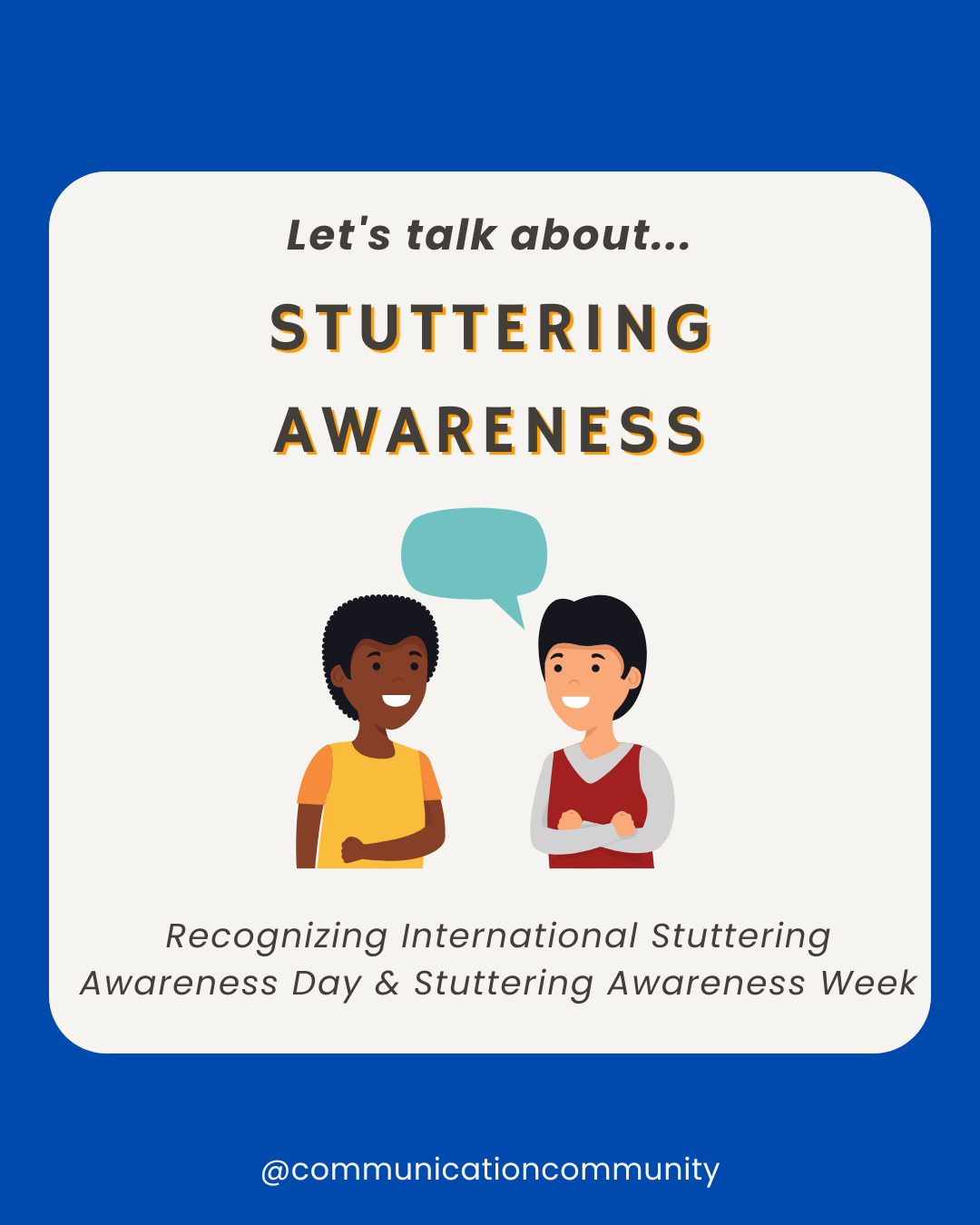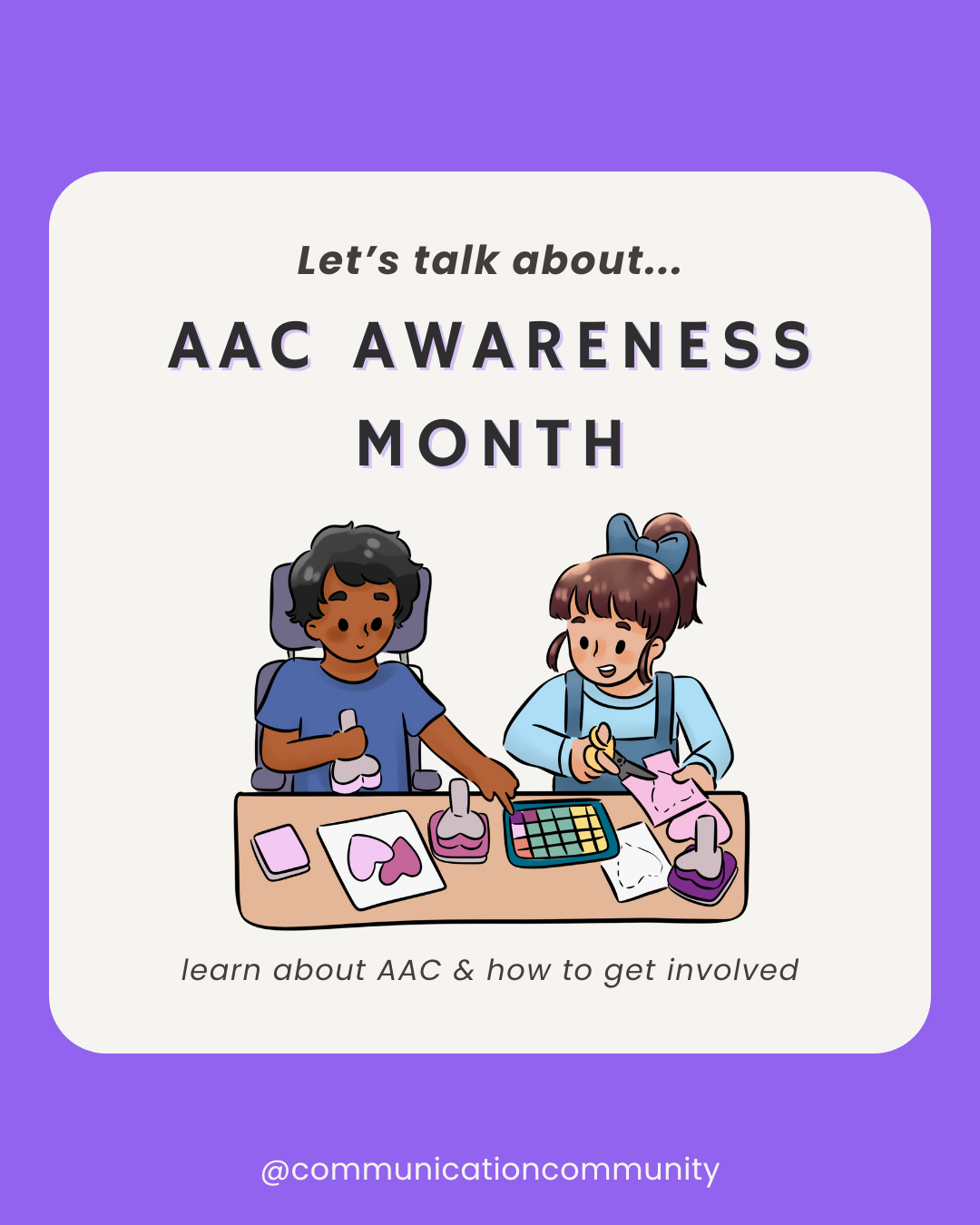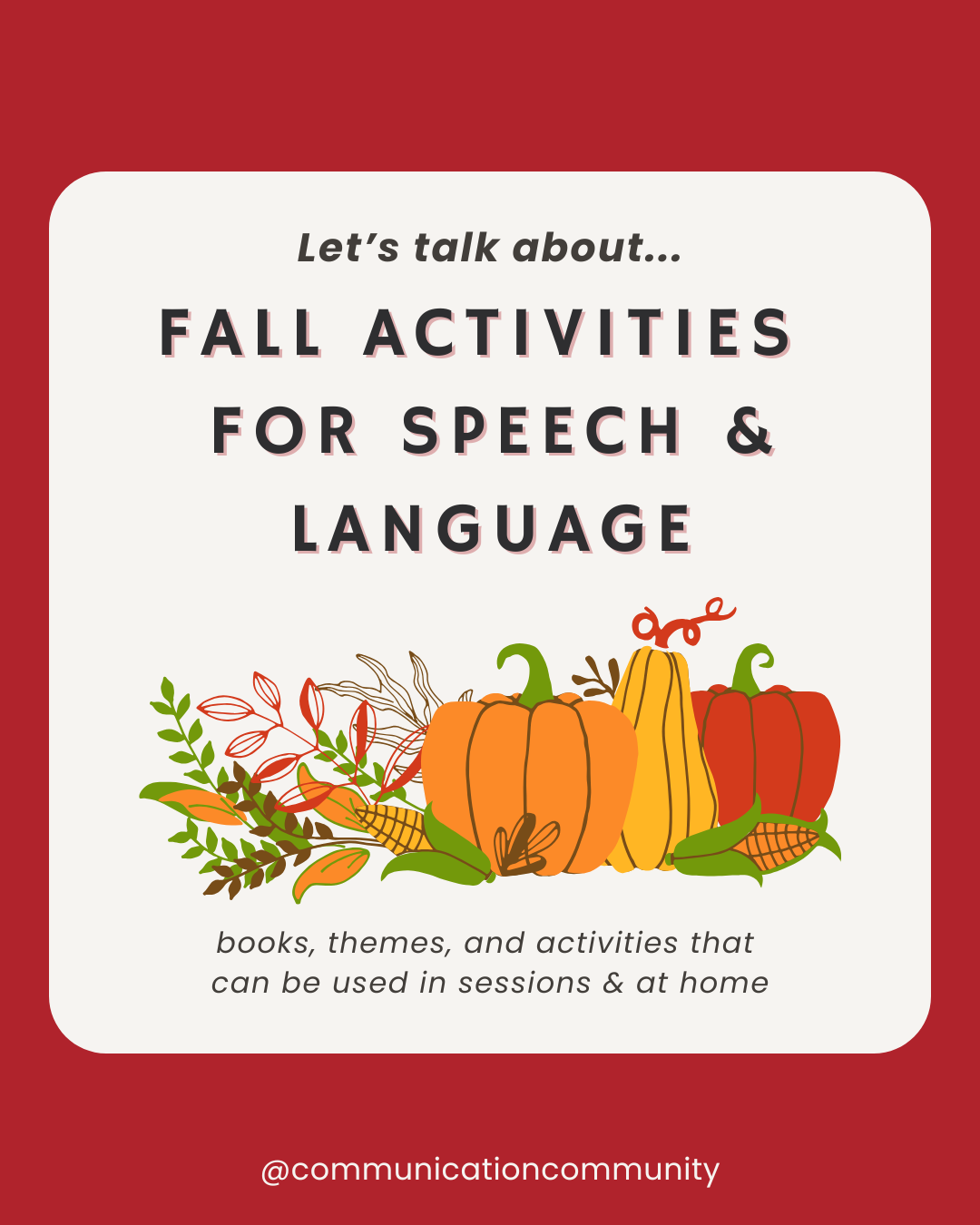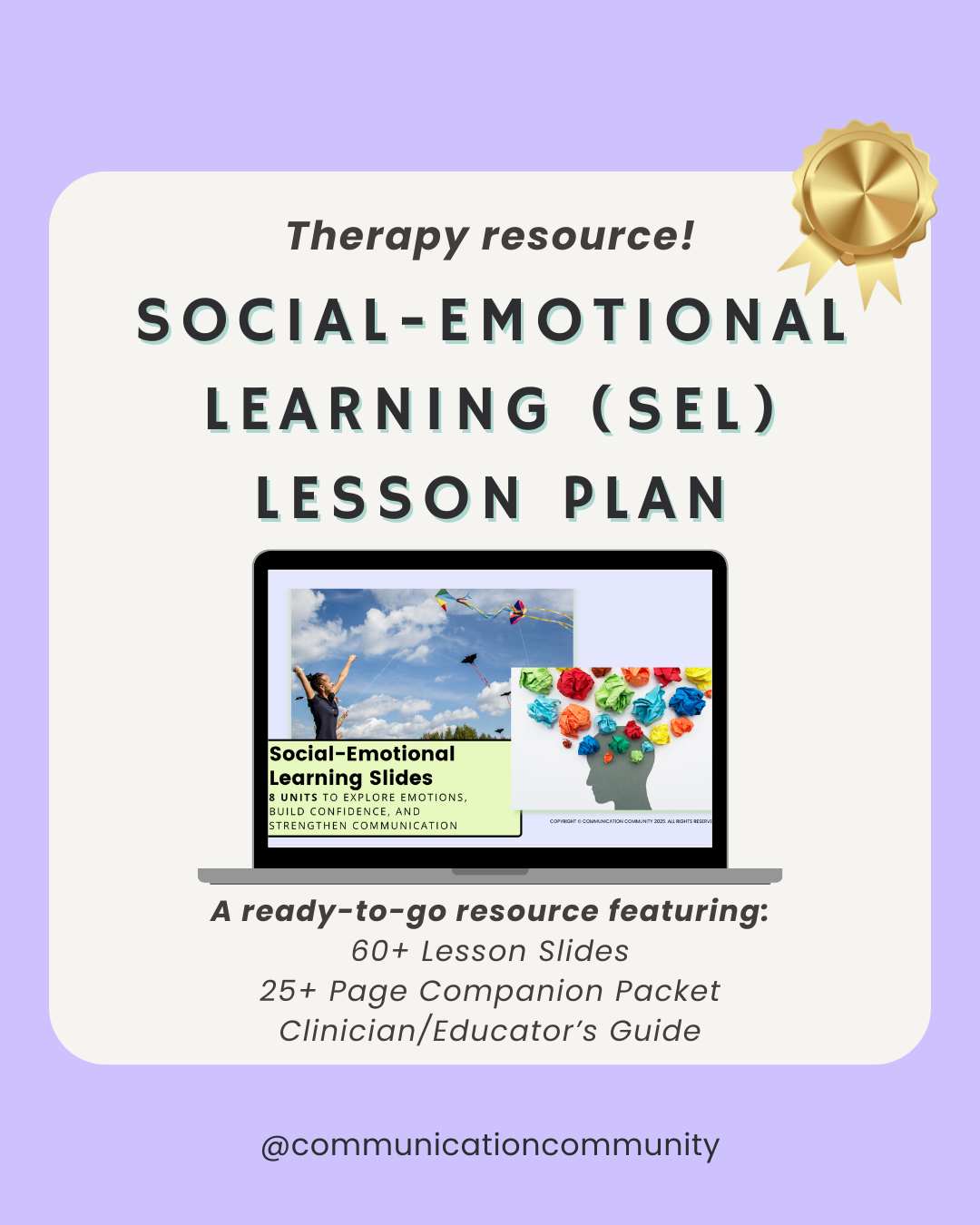NEW PRODUCT ALERT!
Our FULL self-determination goal bank has arrived! Covering all 8 KEY areas: choice making, decision making, goal setting, problem solving, self-advocacy, self-awareness, self-efficacy, and self-regulation. Don't miss out!
Available via Gumroad (below) or in our Teachers Pay Teachers Store! Learn more below:
What is Self-Determination?
Self-determination involves personal goal setting through the acquisition of specific life skills and self awareness. According to Field, Martin, Miller, Ward, and Wehmeyer (1998), self-determination is considered a combination of skills, knowledge, and beliefs that enable a person to engage in goal-directed, self-regulated, autonomous behavior. There have been varying definitions throughout literature; however, we find them to sum it up quite nicely.
This pretty much means that as one gets older, increasing independence and having adult life skills are essential for achieving your goals (think: advocacy skills, problem solving skills, choice making skills). Many of these skills are naturally acquired over time through our general education and personal experiences; however, for individuals with developmental disabilities and/or communication differences, these skills often need to be explicitly introduced to increase success in adulthood. That being said, there is still a lack of self-determination education and awareness as it relates to special education, therapy services, and transition planning for young adults. So, let’s discuss!
self-determination is considered a combination of skills, knowledge, and beliefs that enable a person to engage in goal-directed, self-regulated, autonomous behavior (Field, Martin, Miller, Ward, & Wehmeyer, 1998)
Self-Determination Skills
Self-determination instruction has been shown to be predictive of positive postsecondary outcomes in the areas of education, employment, and independent living (Wehmeyer & Schwartz, 1997). This means that individuals with strong self-determination skills may be more successful in college, attaining jobs, and/or living on their own. Seems legit. So what are the actual areas to examine when considering self-determination? For starters, self-awareness is foundational to developing self-determination skills. When one can understand their strengths and limitations, it can help them increase control and expectations over their own lives. For example, an individual with a learning difference is more likely to advocate for accommodations and support if they are aware of their difference. This also increases their ability to identify problems that come their way and navigate accordingly.
Self-determination for each individual may look a little different, as self-determination approaches tend to be tailored to one’s interests, needs, and abilities.
Areas of Self-Determination
In addition to self-awareness, The National Secondary Transition Technical Assistance Center (NSTTAC) described various components of self-determination skills as:
-Choice making
-Decision making
-Goal setting
-Problem solving
-Self-advocacy
-Self-efficacy
-Self-regulation
Self-Determination Approaches
Self-determination skills can be approached by promoting the areas of choice making, decision making, goal setting, problem solving, self-advocacy, self-awareness, self-efficacy, and self-regulation within structured and unstructured contexts (aka - through explicit instruction as well as natural experiences). Additionally, NSTTAC has also proposed that the following can promote self-determination in individuals by:
Involving students in their transition planning and IEP process
Example: Individuals attend their IEP meetings. They are familiar with their treatment programs and academic accommodations.
Teaching skills directly to increase knowledge of skills and self-awareness
Example: Individuals can role play functional problem scenarios within structured, then natural contexts. Individuals may role play scheduling a doctor’s appointment during a speech therapy session, then schedule an actual one on their own.
Adapting the general curriculum to incorporate self-determination skills
Example: Individuals can participate in the Self-Determined Learning Model of Instruction (SDLMI); set a goal → take action → adjust goal or plan.
Utilizing person-centered planning
Example: Individuals and their support system are highly involved in goal planning. They can follow various models such as the McGill Action Planning System.
Why is Self-Determination Important?
Regardless of skill level, teaching self-determination skills increases autonomy and planning for a successful future. According to Project Support & Include at Vanderbilt University (2013), students with disabilities who are more self-determined may be more academically successful and engaged in schoolwork, contribute to their educational and transition planning, experience more post secondary involvement, and report higher quality of life and more positive experiences in early adulthood.
Citations/Further Resources
https://vkc.vumc.org/assets/files/resources/psiSelfdetermination.pdf
https://dpi.wi.gov/sites/default/files/imce/sped/pdf/tranopndrs-self-determination.pdf
https://www.pacer.org/transition/learning-center/independent-community-living/self-determination.asp
https://journals.sagepub.com/doi/10.1177/001440299706300207
https://selfdetermination.ku.edu/wp-content/uploads/2019/05/Teachers-Guide-2019-Updated-Logos.pdf
